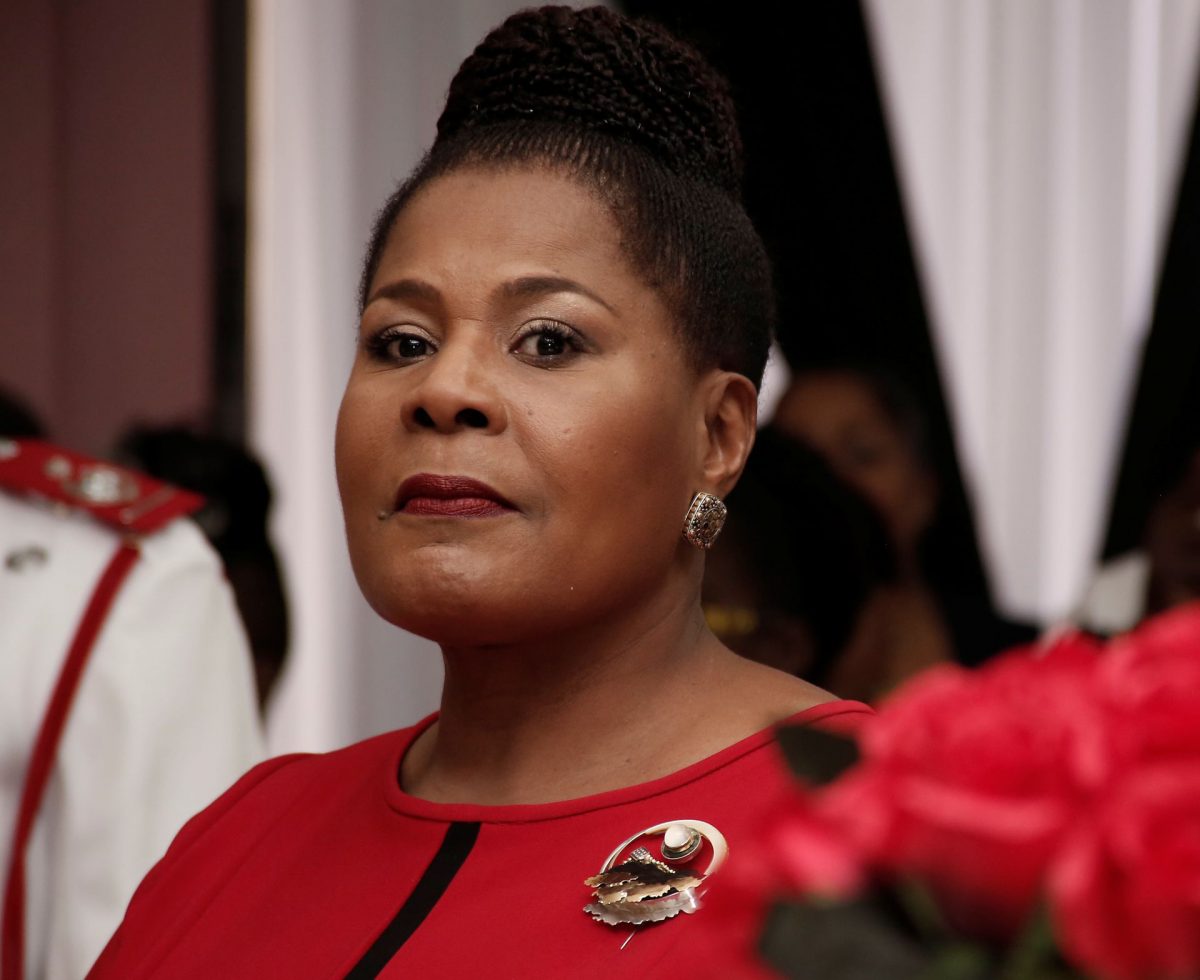(Trinidad Express) The position adopted by the Office of the President that only married partners be allowed to accompany invited guests, is getting the support of the Trinidad and Tobago Council of Evangelical Churches.
In a statement on Tuesday, the Council said President Paula-Mae Weekes has put the issues of marriage and common law relationships on the front burner.
The Council said people should be reminded about the origins and sanctity of marriage.
“Marriage is not just a legal contract as presented by the secular world, but a divine covenant established by God. In fact, Genesis 2:23-24 explains that marriage originates from the creation of the woman from a rib of the man. It states, “The man said, ‘This is now bone of my bones and flesh of my flesh; she shall be called woman, for she was taken out of man.’ That is why a man leaves his father and mother and is united to his wife, and they become one flesh.” Therefore, marriage is not a mere contract, but a divinely established union. Any relationship outside of marriage, therefore, is wrong; and whether or not the law recognizes cohabitational marriages or other forms of marriages, God’s word remains supreme” said the Council.
The Council said that the push to treat marriage as archaic represents an increasing shift from a spiritually informed, objectivist world view to a materialistic, morally relative outlook.
“Laws and values that were once based upon a spiritual objectivist world view, are now interpreted from a humanistic, subjective, and morally relative worldview; but we cannot have development in the physical realm without development in the moral realm. The nation’s strengths come ultimately not from written laws or constitutions, but from the moral choices of its citizens. The Creator makes truth and other moral absolutes evident to us; we do not create them. With no objective moral standard as the measure, morals would be subjective and limited to man’s choice. Therefore, for the nation to stand under pressure, it must have a strong moral foundation.”
The Council counts as members at least 49 church organisations, including The Presbyterian Church.






